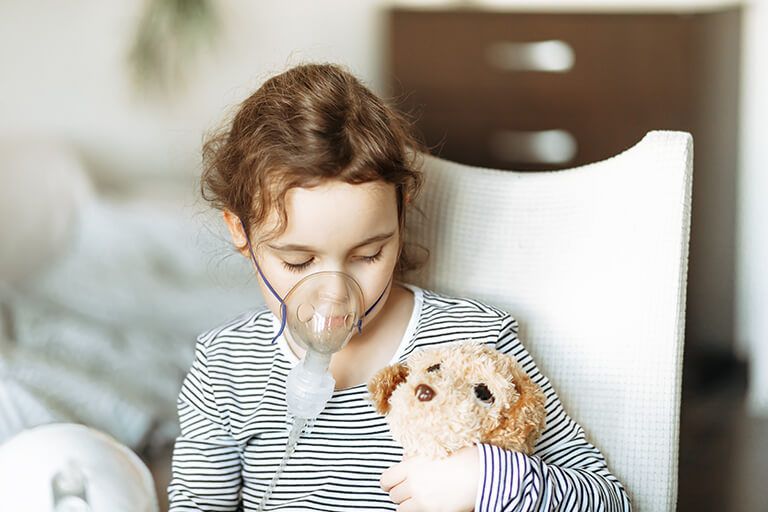Health is always a top priority, especially when it comes to your baby’s health. Concerning health conditions amongst infants can lead to prolonged health deterioration. Whooping cough is one such concerning condition that new parents must know about.
Whooping cough is a contagious illness that can damage more than just the respiratory system. However, you can overcome this condition rather quickly. You need to know about whooping cough and how you will implement your knowledge to overcome this condition.
What is Whooping Cough?
It is also termed as Pertussis, which indicates that bacterial infection is the main cause that directly impacts your baby’s respiratory system. Whooping cough is a contagious disease that is spread through the air. For instance, if an affected person coughs or sneezes closer to you, the contaminated particles will impact you as well. In this case, babies are born with a low immune system, hence, their bodies are more prone to catching this disease.
Signs and Symptoms
Initially, you would not be able to differentiate between whooping cough and a normal cold, as both appear to be the same. However, from a pediatrician’s point of view, the following symptoms can help you identify it quickly;
- As mentioned initially, it will look similar to the common cold, so your baby will have a runny nose and mild cough.
- With time, the mild cough will turn into a coughing fit and will make it harder for your baby.
- And when the baby starts making a ‘whoop’ noise after every coughing fit, that is when you identify it as something different than a weather-affected cold.
- Excess coughing can eventually lead to forceful vomiting and lethargy afterward.
What Can You Do to Protect Your Child?
There are several things to consider, from the environment to the food and the hygienic conditions. Here are some important factors that you should consider to keep your child safe.
-
Vaccination:
Vaccination not only protects your child from upcoming health concerns but also boosts the immune system to fight against the invading bacterial infection. Throughout the initial months after a baby is born, the medical authorities give follow-up shots of vaccinations such as DTaP that prevent whooping cough and other health concerns.
With time, the impact of a vaccination wears off, and it is mostly suggested to get a booster shot to hype the immune system. However, a booster shot must be taken under the orders of your local pediatrician.
-
Create a safe environment:
As mentioned earlier, a baby’s immune system is not strong enough; therefore, it is best to maintain a safe environment for them. You can make sure to check who comes in close contact with your baby, such as your family members or anyone you come across. Make sure they don’t have any transferable health concerns, specifically coughing or flu.
-
Take precautionary measures:
The first thing as a parent you can do is to recognize the early signs of whooping cough and contact your pediatrician. Immediate treatment will help your baby recover by reducing the severity of the cough.
Every parent is to maintain hygienic conditions. Practice washing your hands frequently before handling your child.
Do not expose yourself or your baby to sick people who appear to have a cold or flu. Clean the surfaces and anything that comes in close contact with your baby.
Conclusion
Stay proactive and keep yourself updated with the latest information about health recommendations. Make sure you follow a routine checkup as set by your pediatrician. Eat healthy so you can breastfeed your baby and help boost their immune system against concerning health conditions.




